Gulf Oil Spill: Oil-Dispersing Chemicals Had Little Effect On Oil Surfacing
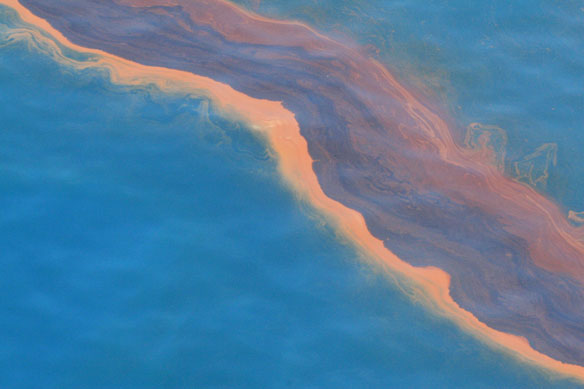
As the Deepwater Horizon incident unfolded, in an effort to prevent the oil from coming to the surface and reaching coastal and marsh ecosystems, chemical dispersants were injected at the wellhead. A new study is the first to examine the effects of the use of unprecedented quantities of dispersants, over such a prolonged period of time in the deep ocean.
Mercury Pollution In Oceans And Coastal Waters, A Study
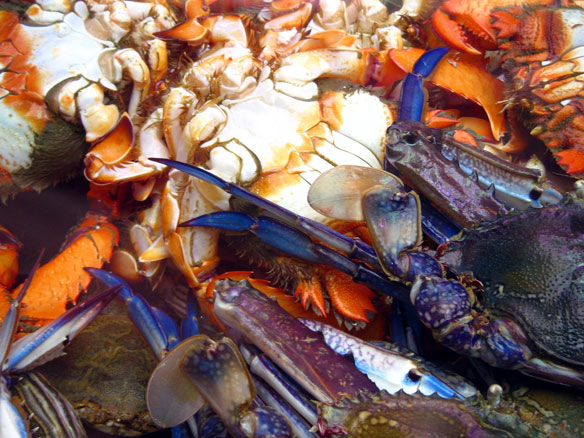
A scientific report identifies the most important drivers of mercury pollution to different oceans and coastal waters, which can help policymakers understand the links between environmental processes, methylmercury levels in marine ecosystems, human exposure, and health effects, all of which being critical to the discussion of how local, regional and global mercury pollution affects the world’s supply of seafood.
Suing EPA To Force Cap-And-Trade Scheme For Vehicle Emissions
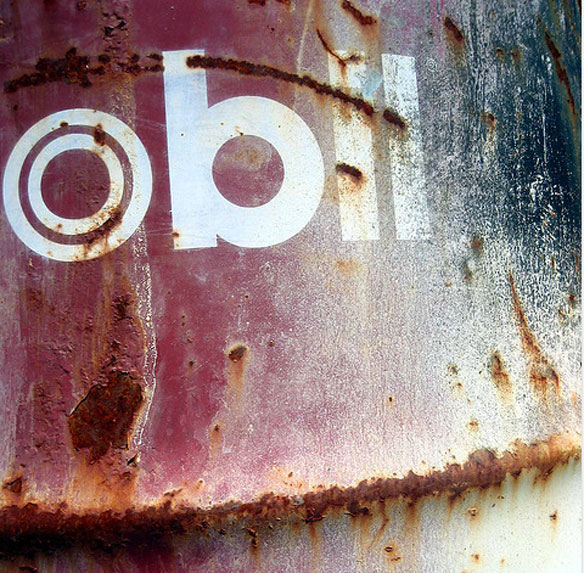
A New York-based policy reform group files notice of intent to sue the EPA to force it to create a market for carbon emissions tied to cars, planes and other mobile sources.
Bondi Beach Reopens, As Red Algae Blooms Disappears
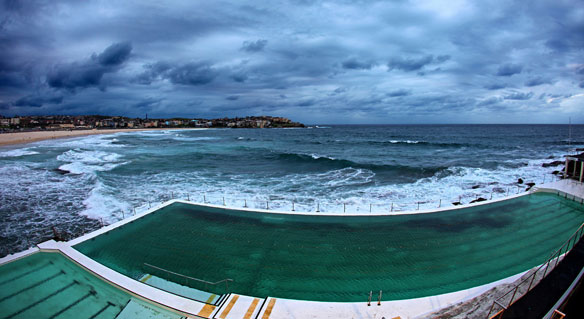
Bondi Beach has reopened after the algae that turned the water red faded and disappeared from sight, leaving only a few traces in the sand.
Mining For Smartphones: Devastation In Indonesia, Bangka Islands
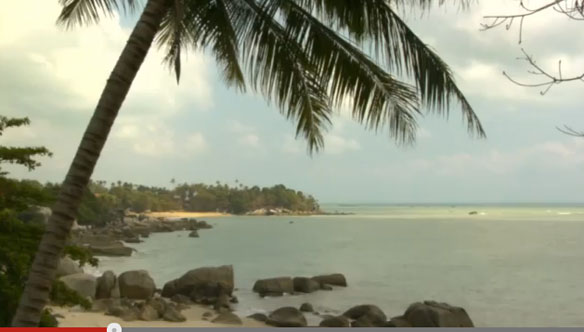
In recent years about one-third of all the tin mined in the world has come from Bangka, its sister island Belitung, and the seabeds off the islands’shores. Tin mining is taking its toll on the islands’ coastline, damaging coral reefs, mangrove forests that help protect it from tropical storms and big waves. A Friends of the Earth video documentary.
Making Waste Management a Sport in India
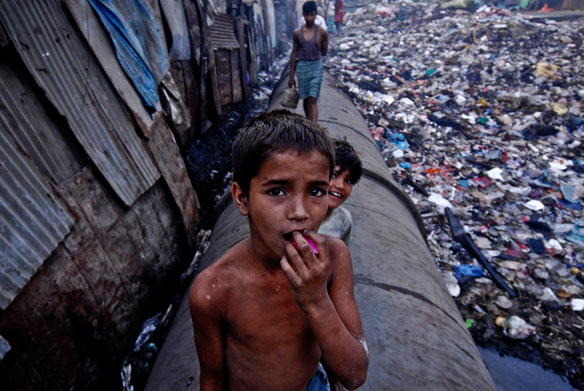
In a country notorious for the inability to deal with the waste it generates, municipal officials in the Indian state of Andhra Pradesh, situated on the country’s southeastern coast, are now resorting to making waste management a competitive sport, in their bid to cajole the entire nation to clean up.
Ocean Still Suffering From Fukushima Fallout
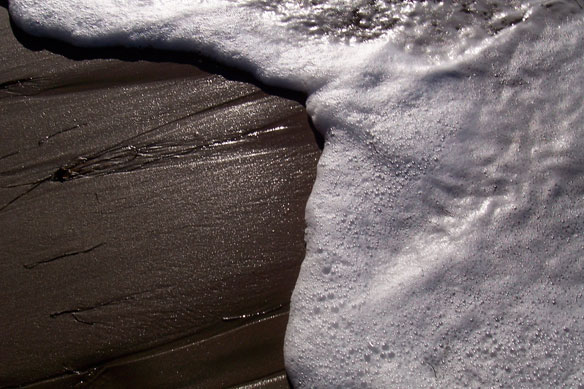
Radioactivity is persisting in the ocean waters close to Japan’s ruined nuclear power plant at Fukushima Daiichi.
Ha Long Bay Clean-Up Could Force Floating Fishing Village Inland

Vietnamese authorities devise resettlement plan for floating residents, whose dumping of waste is killing their livelihood
War’s Silent Victim
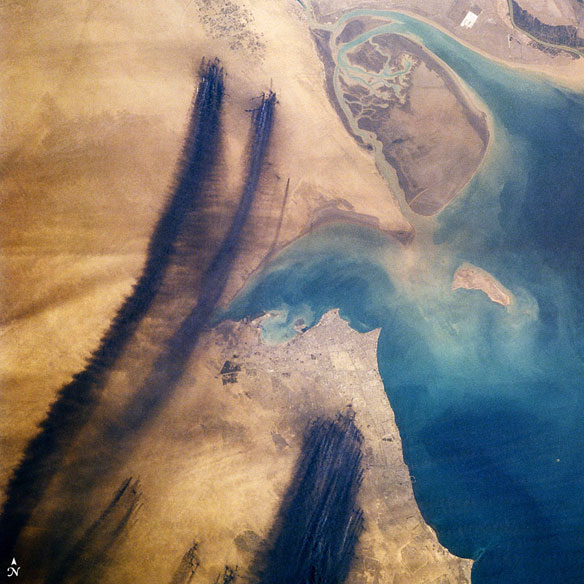
November 6th, marks the International Day for Preventing the Exploitation of the Environment in War and Armed Conflict. In the havoc and destruction spread by war, damage to the environment is almost always regarded as a necessary price to be paid. We must not allow the environment to remain a silent casualty.
